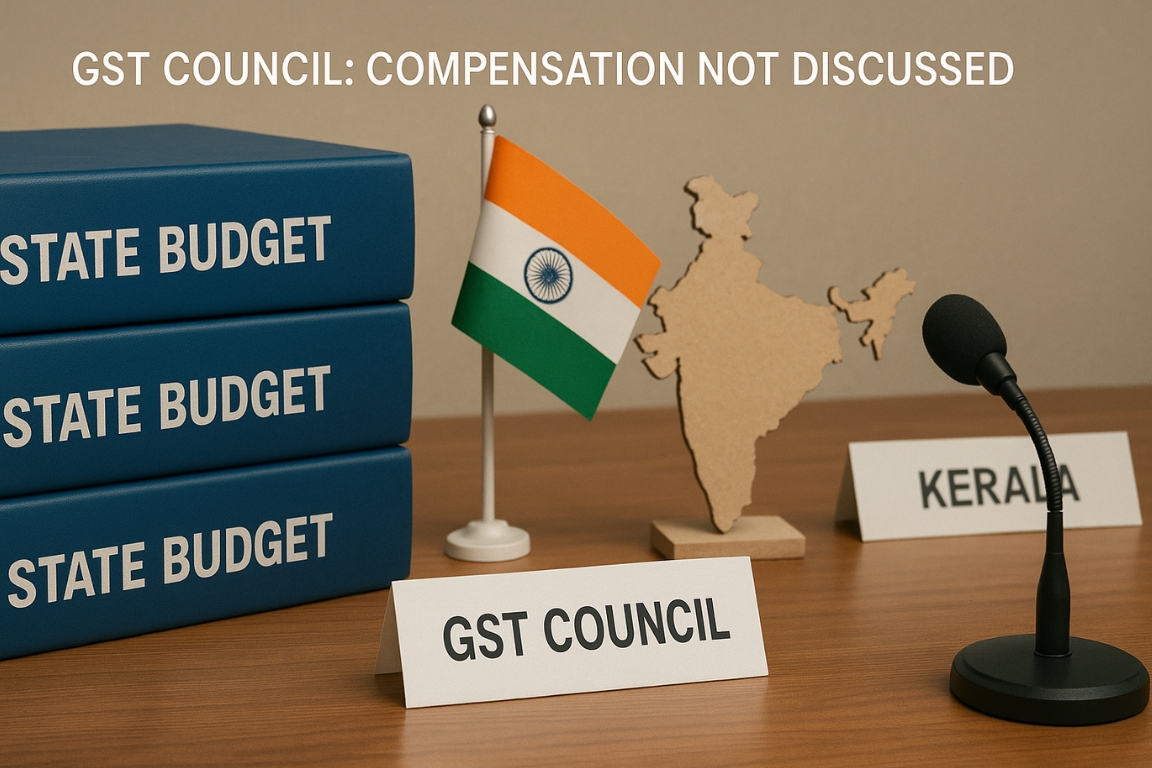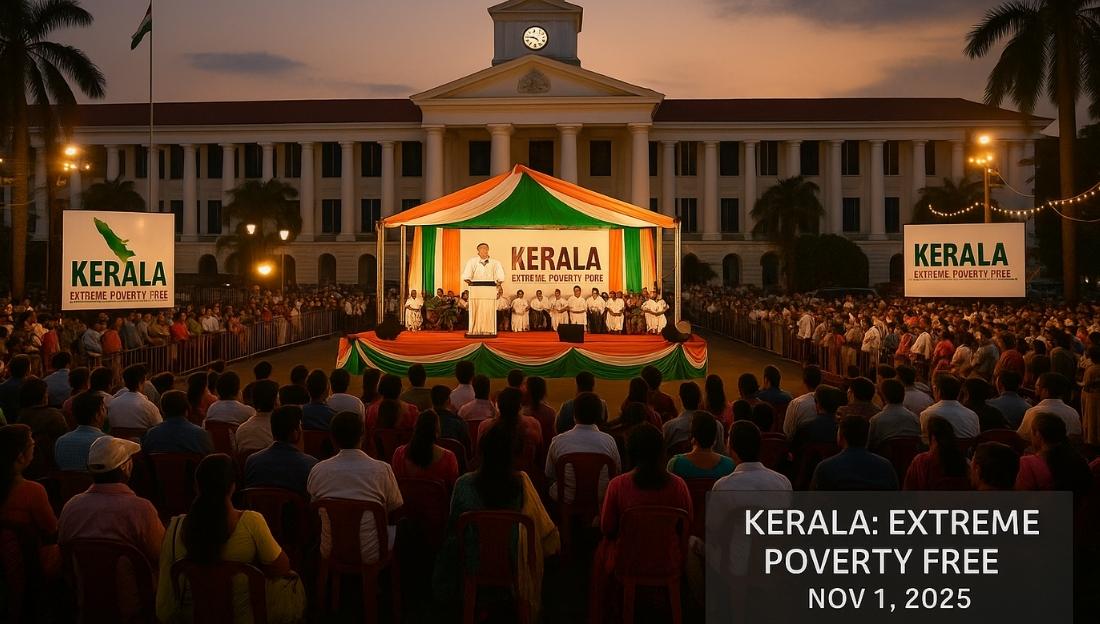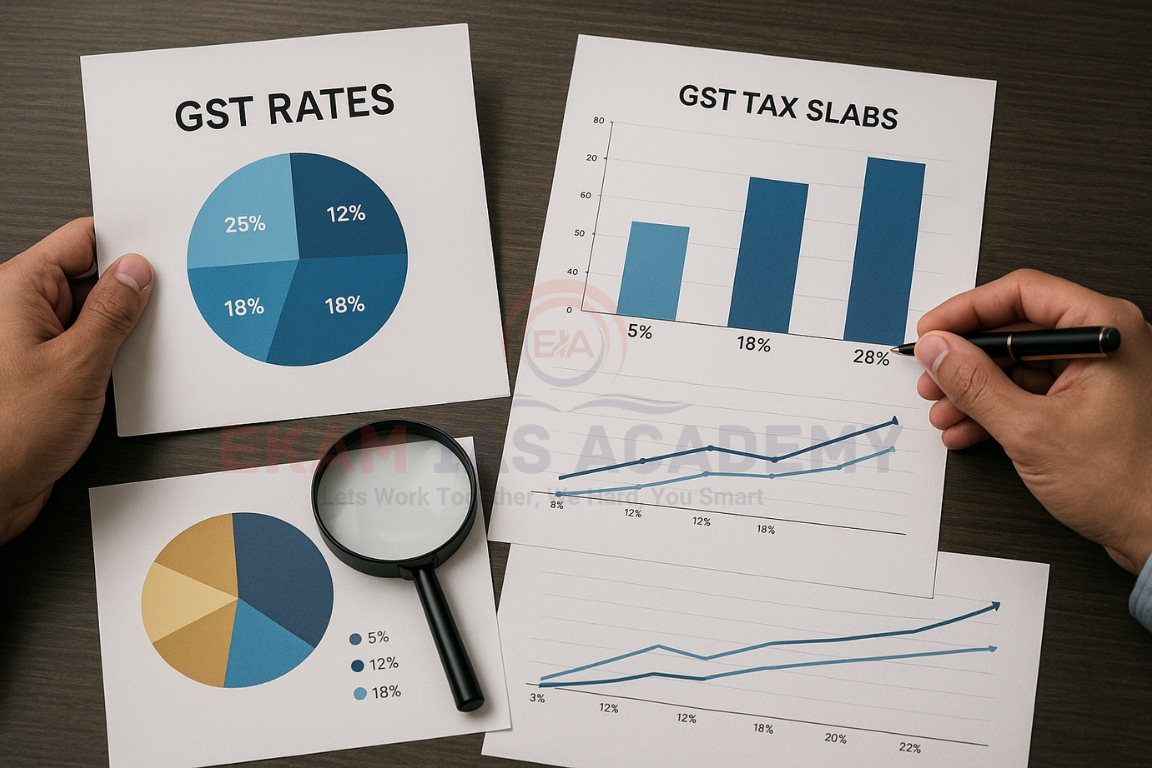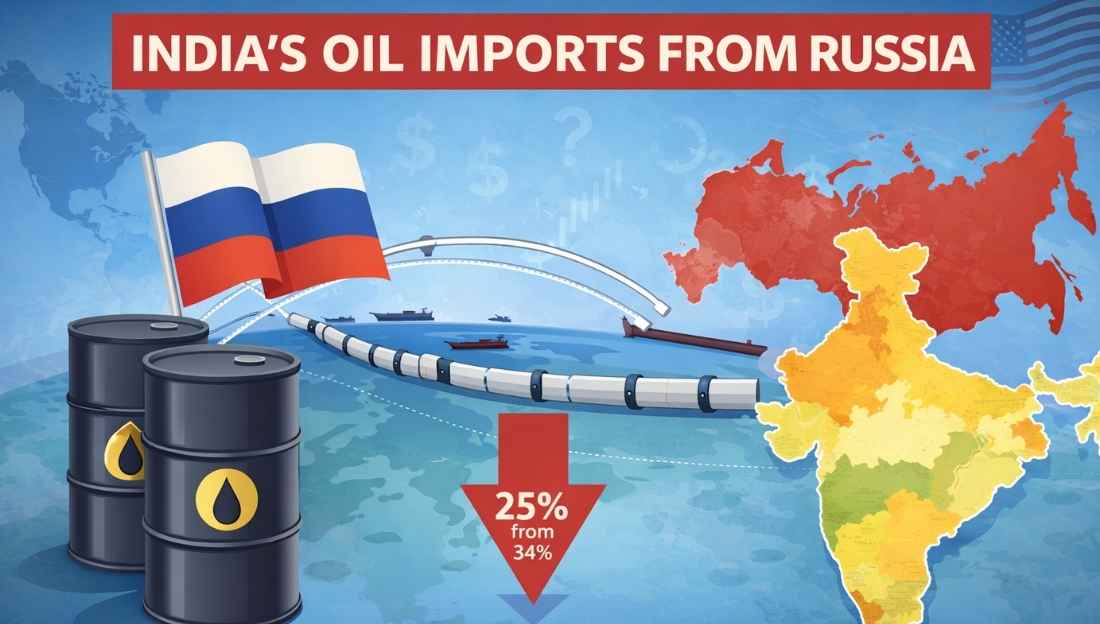During the 56th GST Council meeting (September 2025), several States including Kerala and Telangana raised concerns over revenue losses from the recent GST rate cuts.
Background
- The GST Compensation Scheme (valid till June 2022) assured 14% annual growth in States’ revenue for 5 years post-GST rollout (2017).
- With GST 2.0 rate cuts in 2025, many States fear further decline in tax revenues.
- States argue they bear most expenditure but receive less share of revenues.

Reduced Revenue Growth
- The Centre promised 14% annual revenue growth after GST.
- Actual growth seen: 7–8%, much below expectations.
- Result: States face funding gaps for development projects.
Expenditure-Revenue Mismatch
- As per 15th Finance Commission:
- States’ share in total government spending: ~64%.
- Centre’s share in total revenue: ~63–64%.
- Hence, States spend more but earn less, leading to fiscal stress.
Cesses and Surcharges
- Around 20% of Centre’s revenue comes from cesses/surcharges, which are not shared with States.
- Actual tax devolution is around 30–32%, below the 41% recommended by the Finance Commission.
Lack of Consultation and Transparency
- Kerala’s Finance Minister said no detailed study or rate rationalisation report was shared before the rate cuts.
- Decision was mainly based on Union Government’s proposal, not a joint analysis.
Absence of Discussion on Compensation
- States had requested a compensation mechanism to offset revenue loss.
- Though listed in the agenda, the topic was not discussed during the meeting.
Impact on States
- Kerala estimates a loss of ₹8,000–₹10,000 crore.
- Similar losses expected in other States due to tax reductions.
- Increased financial dependence on the Centre may weaken fiscal federalism.
Way Forward
- Revisit GST compensation framework post-rate cuts.
- Limit cesses and surcharges to ensure fair revenue sharing.
- Institutionalise consultative mechanisms in GST Council decisions.
- Strengthen States’ fiscal autonomy for balanced development.
Conclusion
The absence of a clear compensation plan amid GST 2.0 reforms has reignited debate over Centre-State fiscal relations. For true cooperative federalism, States’ revenue needs must be addressed alongside tax simplification goals.





